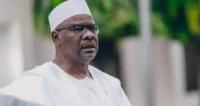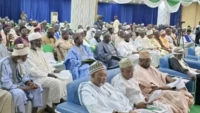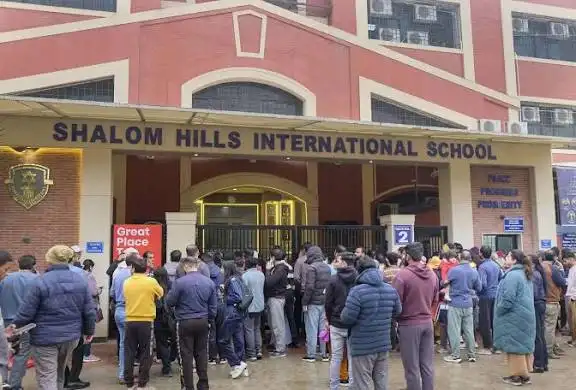Peter Obi’s presidential campaign in Nigeria has been marked by innovative strategies aimed at engaging the nation’s youth, a demographic that has historically felt marginalized in the political process. Recognizing the pivotal role young Nigerians play in shaping the country’s future, Obi’s approach has been multifaceted, leveraging both traditional and digital platforms to mobilize and inspire this vital segment of the electorate.
Central to Obi’s campaign was the formation of the “Obidient” movement, a grassroots initiative that resonated deeply with young Nigerians. This movement emerged as a response to the perceived stagnation of traditional political parties, offering a platform for youth to voice their aspirations and frustrations. The Obidient movement was characterized by its decentralized structure, with supporters organizing rallies, distributing campaign materials, and engaging in live discussions on political matters. This approach fostered a sense of community and urgency among young voters, positioning Obi as a candidate who genuinely understood and addressed their concerns. (researchgate.net)
Understanding the pervasive influence of social media among the youth, Obi’s campaign strategically harnessed platforms like Twitter, Facebook, and WhatsApp to disseminate messages and mobilize support. The campaign shared relatable content focusing on issues such as unemployment, education, and corruption, effectively positioning Obi as a candidate genuinely invested in the future of Nigeria’s young population. This digital engagement not only amplified Obi’s reach but also facilitated direct communication with voters, bypassing traditional media channels. (businessday.ng)
Beyond digital engagement, Obi’s campaign emphasized direct interaction with young Nigerians through town hall meetings and campus visits. At the University of Nigeria Nsukka, Obi engaged students in candid discussions, addressing their concerns and outlining his vision for the country’s future. These interactions were not limited to urban centers; in Ondo State, Obi met with various youth groups and stakeholders, fostering a sense of inclusivity and ensuring that his message resonated across diverse communities. (politico.ng)
The campaign also recognized the importance of voter education and mobilization. Supporters organized classes for children in Kaduna State, providing free education materials and promoting civic engagement among the younger generation. This initiative underscored the campaign’s commitment to not only political change but also social development, aiming to equip the youth with the tools and knowledge necessary for active participation in the democratic process. (legit.ng)
Peter Obi’s campaign strategies were deeply rooted in understanding and addressing the unique challenges and aspirations of Nigeria’s youth. By leveraging grassroots mobilization, digital engagement, direct interactions, and educational initiatives, Obi effectively galvanized a generation eager for change, positioning them as a formidable force in the nation’s political landscape.












Leave a comment